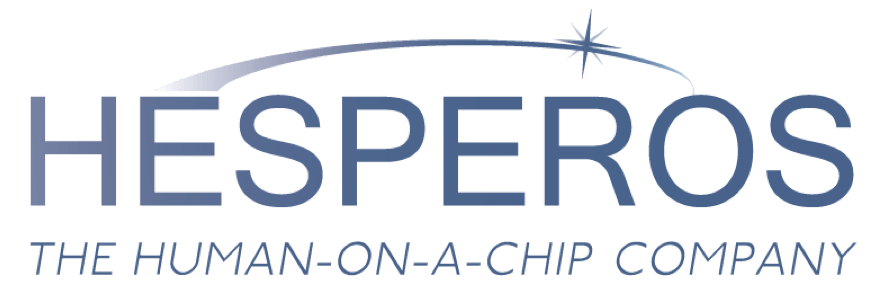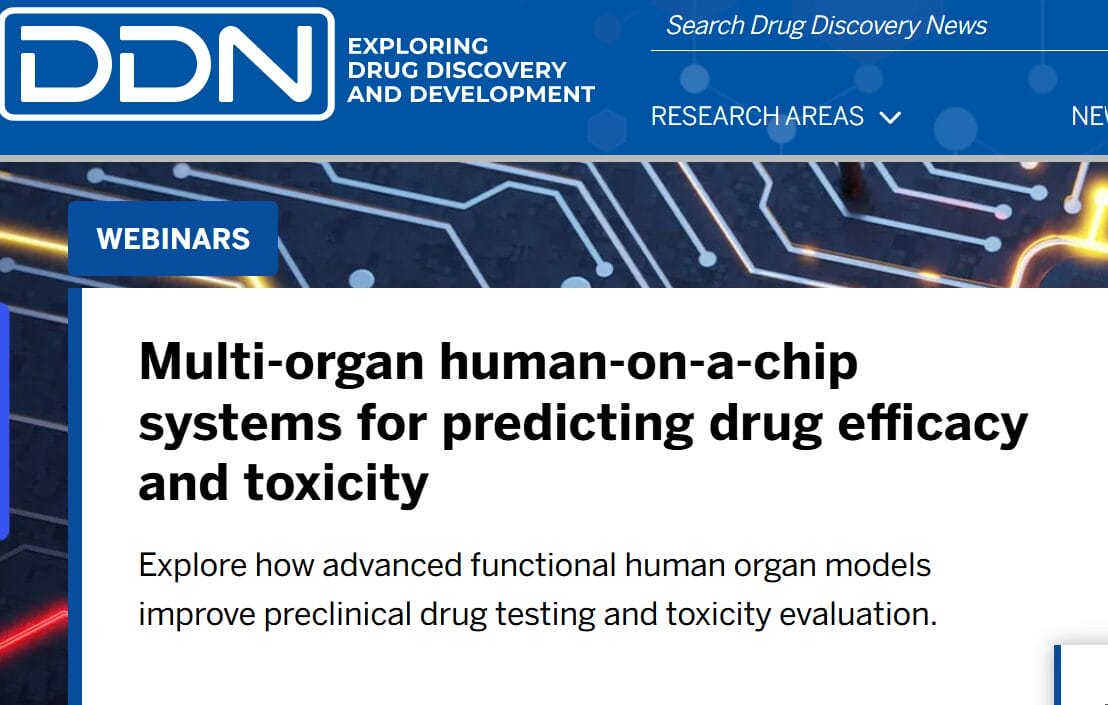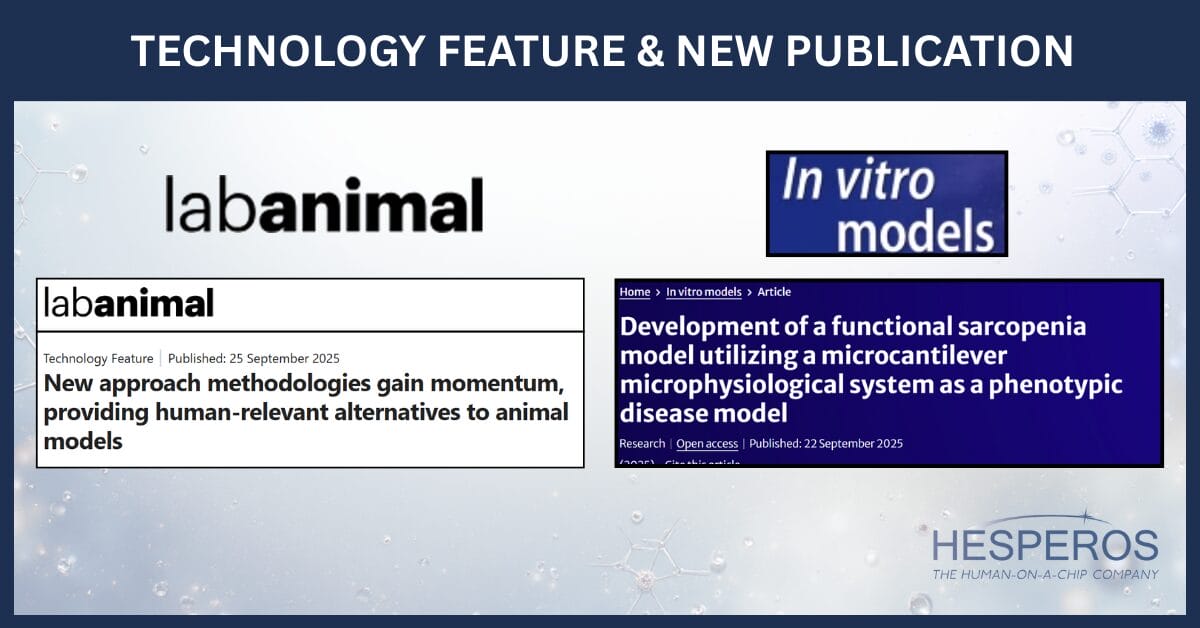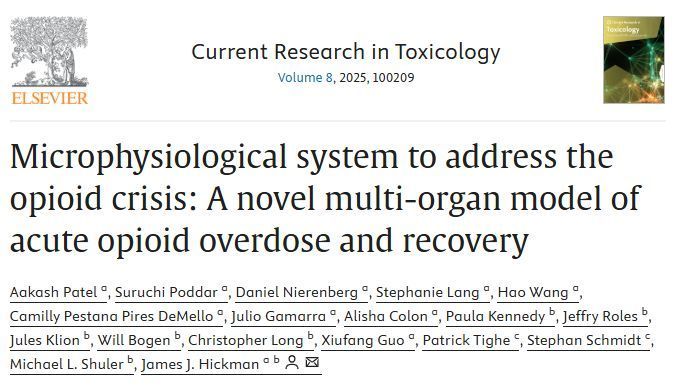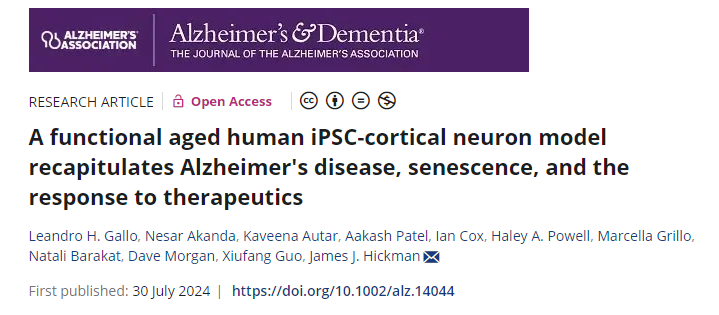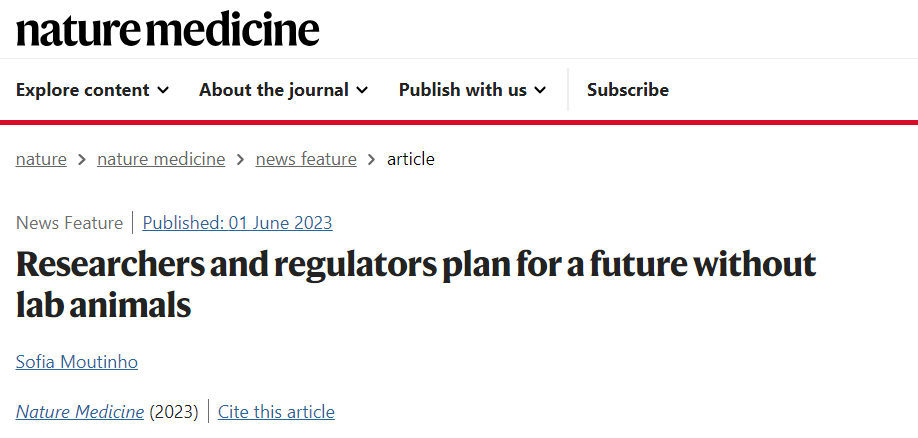Ask Me Anything: Body-On-A-Chip Michael Shuler, PhD was featured on Technology Network’s Ask Me Anything: Body-On-A-Chip webinar and answered questions from a live audience. January 31, 2025: Hosted by Technology Networks, Hesperos President Michael Shuler, PhD, … Read More
ORLANDO, FLORIDA – Researchers from Hesperos and the University of Central Florida have developed a groundbreaking model using human induced pluripotent stem cell (iPSC)-derived cortical neurons to better understand and combat Alzheimer’s disease (AD). Their research, published in Alzheimer’s and Dementia, aims to improve our understanding and treatment of the disease.
ORLANDO, FLORIDA – Researchers from Hesperos and the University of Central Florida have developed a groundbreaking model using human induced pluripotent stem cell (iPSC)-derived cortical neurons to better understand and combat Alzheimer’s disease (AD). Their research, published in Alzheimer’s and Dementia, aims to improve our understanding and treatment of the disease.
Hesperos, Inc is proud to announce Dr. Virginia Smith’s recent publication in Frontiers in Cell and Developmental Biology which validates the Human-on-a-Chip method to model the rare autoimmune disease, Myasthenia Gravis. Read the full press release below: … Read More
We have set out on a journey to change the drug development process for the better so patients can get the treatments they desperately need and not have to wait years for them to become available. … Read More
